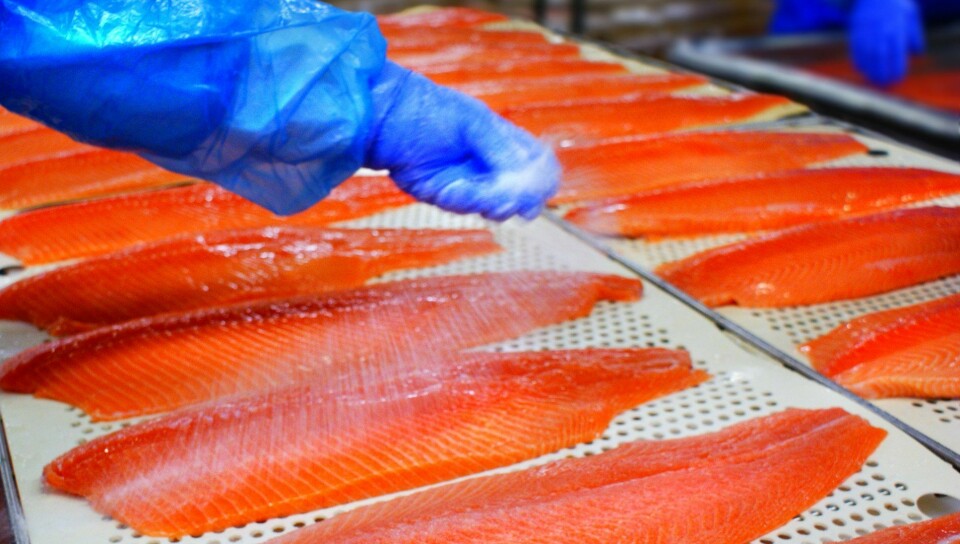
Salmon processors facing up to immigration crackdown
Scotland’s salmon processors were today coming to terms with the UK government’s announcement of a new points-based immigration policy that could deprive them of a vital source of labour from the European Union.
When the Brexit transition period finishes on December 31, freedom of movement between the EU and the UK will also end.
The government is proposing to replace it with a system that effectively means all overseas workers who want to come to the UK will have to speak English and have the offer of a skilled job which pays at least £25,600 a year with an “approved sponsor”. The government said it would not introduce a route for lower-skilled workers.

48% of workforce
Workers from European Economic Area countries currently make up 48% of the Scottish processing sector’s workforce as a whole and 70% in the north east of Scotland.
Jimmy Buchan, chief executive of the Scottish Seafood Association, which represents the processing sector, said today that his initial assessment of the plan was that it was not good for the industry, but that there may be concessions.
“We have got to drill down a bit further and see if there are caveats because it does say they will take into consideration industry needs,” said Buchan.
“If we cannot get access to global workers we are in a very difficult position because, especially in north east Scotland, we have got very low unemployment.
“We need to look at the details and then go and meet with ministers and policy makers to make sure it is fit for purpose.”
‘Specific shortage occupation’
According to the proposals, those earning less than £25,600 but more than £20,480 could still apply for visas if they had a job in a “specific shortage occupation” or a PhD relevant to the job.
A list of shortage occupations would be kept under review by the government’s Migration Advisory Committee (MAC).
Following recommendations from MAC, the definition of skilled workers will be expanded to include those educated at A-level, not just at graduate level, as was previously the case.
Waiting staff roles will be removed from the list of skilled occupations, while new additions will include carpenters, plasterers and childminders.
‘Devastating’ for economy
Scotland’s first minister and SNP leader Nicola Sturgeon said the plans would be “devastating” for the Scottish economy.
She added: “Our demographics mean we need to keep attracting people here - this makes it so much harder.”
Workers from the EU already living in the UK won’t be affected by the proposed immigration rules provided they have applied for leave to remain.
But employee-owned Highland salmon processor Aquascot has warned that the end of free movement will make future recruitment more difficult.
It pointed out that while it paid the Living Wage, that did not amount to £26,500 a year.
“Finding good people is key and, post-Brexit, the competition for a diminishing pool of European talent will likely start to pinch,” the company said earlier this month.























































